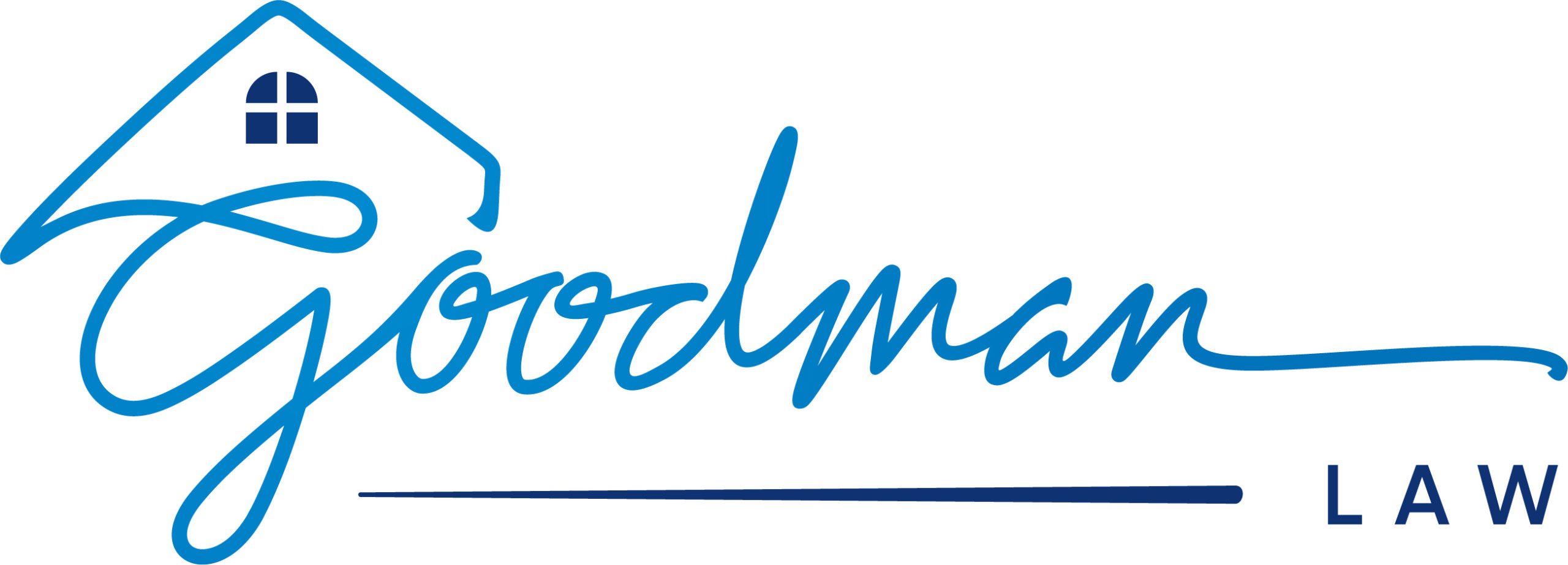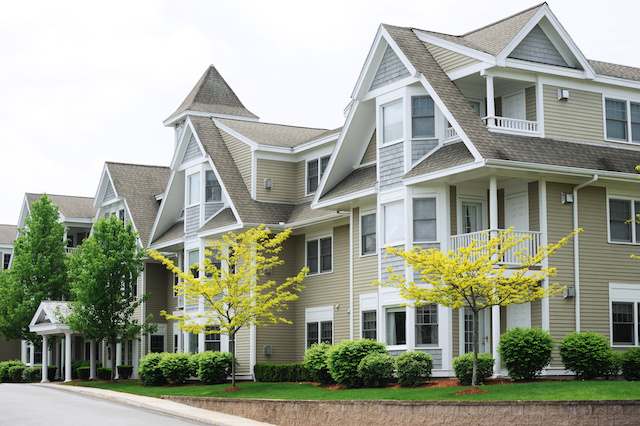The Arizona Court of Appeals published a recent opinion on its decision in the case of Bocchino v. Fountain Shadows. The case addressed the power of HOAs to assess attorneys’ fees against owners when an Association incurs attorney costs to enforce the community documents.
In Bocchino, the Association obtained an injunction against workplace harassment by an owner pursuant to A.R.S. section 12-1810 due to the owner’s continual harassment of other owners and disruption of Association meetings. The Association did not seek attorney fees in its application for an injunction in the justice court, thus the court did not award fees. However, the Association assessed the attorney fees it expended in obtaining the injunction against the owner. The Association assessed the attorney fees based on two provisions in the CC&Rs: (1) a nuisance provision that prohibits owners from conducting “noxious or offensive activity” or “interfer[ing] with the quiet enjoyment of each of the Owners;” and (2) an attorneys’ fees provision that provides in part that “the Owner . . . against whom the action is brought shall pay all attorneys’ fees . . . thereby incurred by the Association in the event the Association prevails in any such action” to enforce compliance with CC&Rs provisions. When the owner went to sell her home, the Association reported the balance of the owner’s account to the title company, including the attorney’s fees, which the title company withheld from the sale proceeds. The owner sued the Association for breach of contract based on the assessment of attorneys’ fees.
The Association argued that the owner violated the nuisance provision and that it was entitled to attorney fees incurred to enforce compliance with that provision. The Association also asserted that, because it obtained the injunction, it prevailed in the action. The Superior Court held that the Association could not be a prevailing party in an uncontested injunction action where the owner was not given notice and did not participate. The Association appealed the Superior Court’s decision.
The Court of Appeals affirmed the Superior Court’s decision on multiple grounds.
First, The Court of Appeals noted that the Association obtained the injunction pursuant to section 12-1810, which permits, but does not require, the court to order a party to pay attorney fees upon notice and after a hearing. The Court held that the Association did not meet the notice and hearing requirement.
Second, The Court noted that the attorneys’ fees provision in the CC&Rs did not permit the Association to collect attorney fees from owners “incurred in a judicial proceeding that have not been awarded by a qualified tribunal.”
What does this mean?
While the lasting effects of the Court’s decision are yet to be seen, there are a few items from the decision to keep in mind.
If an Association’s documents contain an attorneys’ fees provision that provides for the “prevailing party” to recover its fees, the Association may only collect those fees if it prevails in an action that is contested by the opposing party after notice and an opportunity to be heard. If an owner never appears in a lawsuit brought by the Association, this decision arguably precludes the Association from collecting its attorney fees from that owner.
The Court’s statements regarding obtaining attorneys’ fees pursuant to section 12-1810 may be construed narrowly to cases brought under that section. However, more generally, this may mean that if an Association brings a lawsuit against an owner pursuant to a specific statute, any award of attorneys’ fees must be granted pursuant to relevant provisions in that statute. If the Association sues an owner based on a statue that is silent on attorneys’ fees, then this portion of the decision likely does not apply.
The most striking language in the Court’s decision is that pertaining to attorneys’ fees incurred in a proceeding that have not been awarded by a qualified tribunal. This can be read to mean that Associations can only assess attorneys’ fees against owners if a court so approves. The exact language in the decisions reads: “Second, the Declaration does not expressly provide that the Association may assess, directly against a homeowner, attorney fees incurred in a judicial proceeding that have not been awarded by a qualified tribunal.” This language implies that if the Declaration had expressly provided for the assessment of attorneys’ fees against an owner even if not awarded by a qualified tribunal, then the Association could have assessed those amounts directly against the owner.
BY Matt St. Martin

